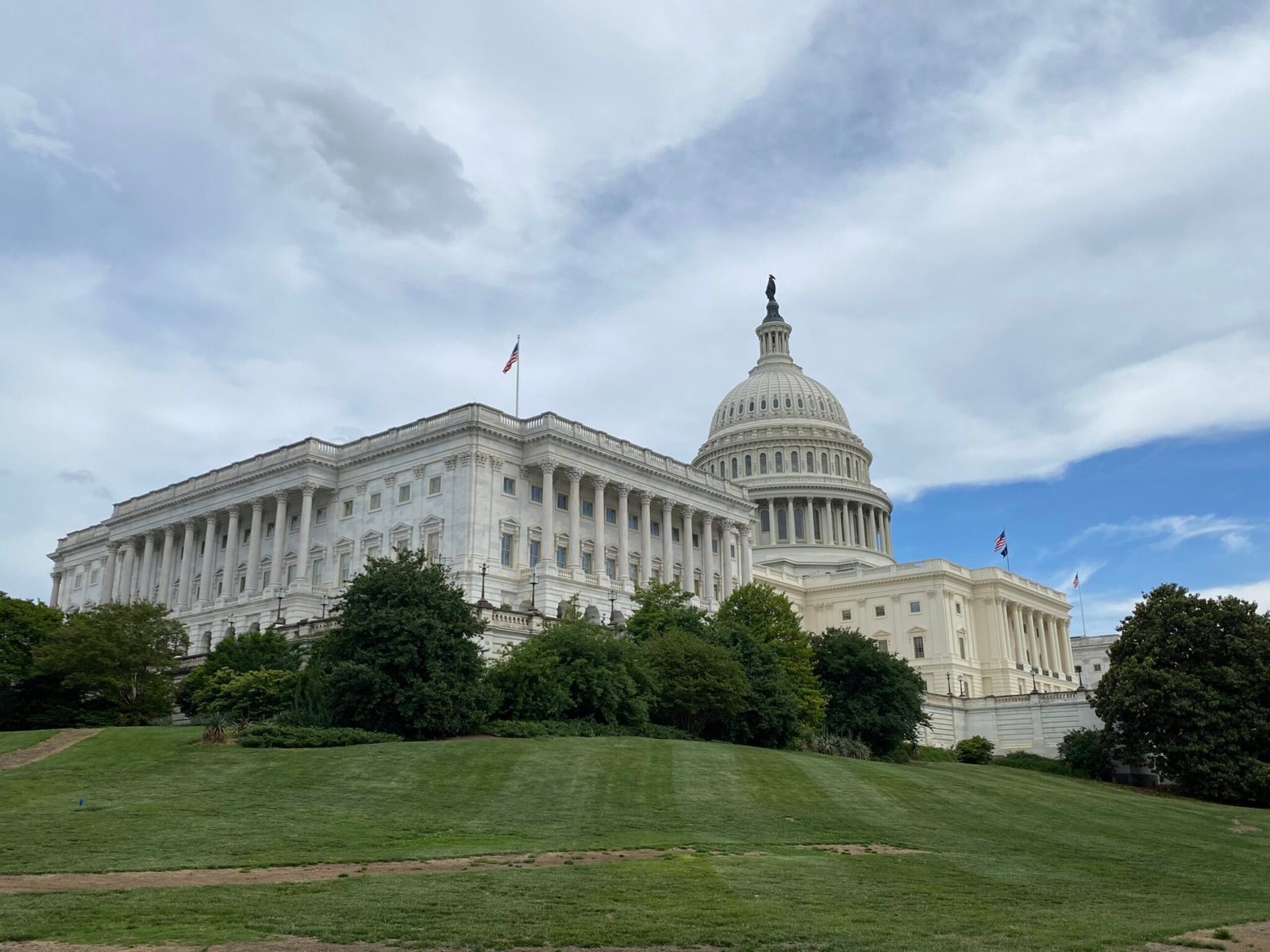ai
Changes to AI Moratorium Spark Debate During Bill’s Tense ‘Vote-a-Rama’

Tennessee Senator Marsha Blackburn has recently retreated from her own proposal concerning a moratorium on state-level artificial intelligence (AI) laws. This decision follows significant pushback from lawmakers across party lines regarding a proposed 10-year freeze on state regulations.
Blackburn, alongside Texas Senator Ted Cruz, introduced a revised version of the moratorium that shortens the ban to five years. The updated proposal allows exceptions for laws focused on child protection and restrictions on deepfake technologies. This adjustment comes as Senate Republicans hope to finalize a comprehensive bill by July 4, which includes $500 million in AI infrastructure funding.
The new amendment aims to balance the need for regulation while addressing specific concerns, such as child online safety. However, Blackburn expressed dissatisfaction with the amendments, calling the revisions “unacceptable” after the updated language failed to align closely with her Kids Online Safety Act. This act advocates for measures to shield children from harmful online content.
Despite the revision’s intention to create room for certain regulations, Blackburn’s walkback raises questions about the proposal’s viability. The original moratorium has faced increasing resistance, even among Republicans, with some GOP senators and state officials voicing their opposition.
Notably, 17 GOP governors have urged congressional leaders to eliminate the moratorium from the megabill. Their letter emphasized the provision’s potential to undermine state efforts aimed at protecting citizens from AI misuse. This sentiment reflects a broader concern regarding unchecked AI practices.
Critics, including Alexandra Reeve Givens, President and CEO of the Center for Democracy and Technology, have pointed out that any form of the moratorium could severely restrict states’ abilities to manage AI-related risks. Givens reiterated the need for Congress to remain proactive in safeguarding against possible AI harms.
As the Senate engages in deliberations over the reconciliation bill this week, the future of the proposed AI moratorium remains uncertain, further complicating the legislation’s progress.


















